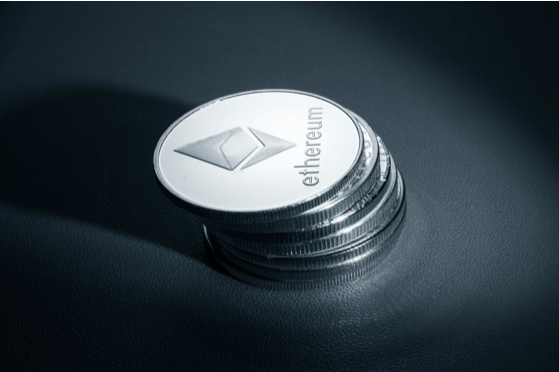Bitcoin was the first cryptocurrency, and while it’s still the biggest, Ethereum has risen to become the second-most valuable cryptocurrency in the world, with a market cap of over $68 billion. There are several major differences between these two digital currencies; this article will highlight some of the key ones, so you can make an informed decision about whether Ethereum or Bitcoin is better suited to your needs.
The basics
What are they? How can you use them? Where should you buy them? Ethereum and bitcoin have exploded in popularity since their creation (the former’s ICO was one of 2016’s biggest stories), but many people still aren’t sure how to get involved with cryptocurrency. Here, we answer all your questions about ethereum vs. bitcoin, as well as provide tips on how to start buying and using these new digital currencies!
Risks involved
A majority of people think of cryptocurrency as an investment vehicle, but using it to pay for things is growing in popularity. This shift poses risks and rewards for both consumers and businesses that accept cryptocurrency as a form of payment. Before you get started, read up on its pros and cons. But first—do your research! There are lots of fake cryptocurrencies out there; don’t be fooled by their pitches. And never invest more than you can afford to lose; not all currency is alike and not all tokens are here to stay. The same goes for exchanges – make sure yours are vetted by a trusted authority like Coincub.
How to buy
If you want to get some of these cryptocurrencies, it’s not too difficult a process—but first you have to buy some actual currency (USD, EUR, etc.). You can do that using one of several popular cryptocurrency exchanges like Coinbase and Kraken or in person at sites like Local Bitcoins. Check coincub.com for recommendations for trustworhy exchanges where you can buy as much crypto as you need.
Make your first trade
If you want to invest in cryptocurrencies, it’s important to get started as early as possible. Cryptocurrencies are extremely volatile and you don’t want to get in when everyone else is thinking about getting out. We recommend that you make your first cryptocurrency trade only if: (1) You are ready for extreme volatility; (2) You have a small investment budget; and (3) You plan on holding for at least a year. Otherwise, it might be best to sit back and watch from a distance until your risk tolerance grows along with its value. If you already own Bitcoin or Ethereum or some other cryptocurrency, then congratulations—you can skip ahead! Start monitoring any exchanges where you hold positions; over time, markets will become less volatile and prices should stabilize more quickly.































































